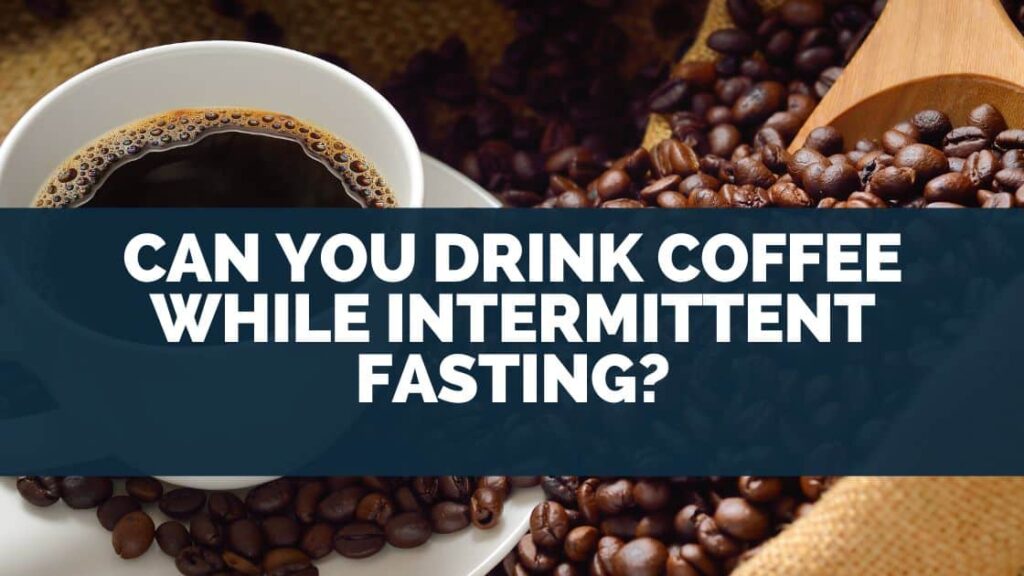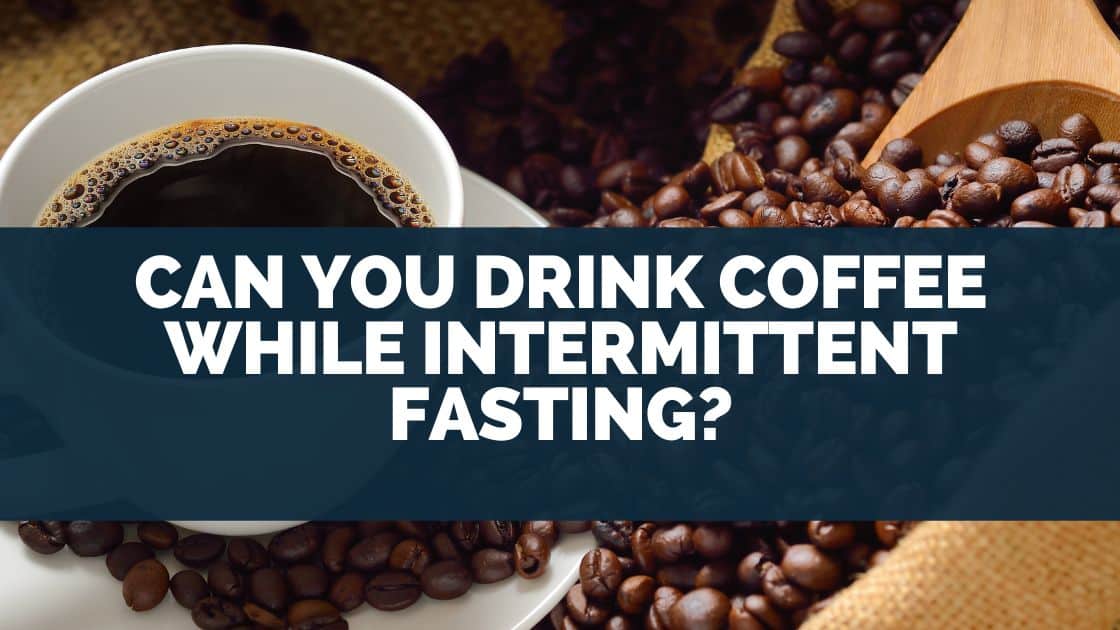
Can I Have Cream in My Coffee While Intermittent Fasting? A Deep Dive
Intermittent fasting (IF) has surged in popularity as a dietary approach, touted for its potential benefits ranging from weight loss to improved metabolic health. However, navigating the nuances of IF can be challenging. One of the most frequently asked questions revolves around the consumption of cream in coffee during fasting periods. This article provides a comprehensive analysis to address the question: can I have cream in my coffee while intermittent fasting? We will delve into the science, explore the practical implications, and offer evidence-based guidance to help you make informed decisions.
Understanding Intermittent Fasting: The Fundamentals
Before addressing the cream question, it’s crucial to understand the core principles of intermittent fasting. IF involves cycling between periods of eating and voluntary fasting on a regular schedule. There are several popular methods, including the 16/8 method (fasting for 16 hours and eating within an 8-hour window), the 5:2 diet (eating normally for five days and restricting calories to about 500-600 on two non-consecutive days), and alternate-day fasting. The primary goal of IF is to allow the body to utilize stored fat for energy, potentially leading to weight loss and other metabolic advantages. The effectiveness of IF often hinges on maintaining a fasted state during the designated fasting periods.
The Impact of Cream on Fasting: A Scientific Perspective
The crux of the matter lies in how cream interacts with the metabolic processes occurring during a fast. When you consume anything containing calories, your body typically responds by releasing insulin. Insulin’s primary function is to usher glucose (sugar) from the bloodstream into cells for energy or storage. This insulin response essentially breaks the fast. The degree to which cream affects this response depends on its composition.
Cream, particularly heavy cream, contains fat and protein, but also some carbohydrates (primarily lactose, a milk sugar). While fat has a minimal impact on insulin compared to carbohydrates, it still provides calories. Protein, on the other hand, can stimulate insulin release, albeit to a lesser extent than carbohydrates. The carbohydrate content in cream, though relatively low, can trigger an insulin response. Therefore, the consumption of cream in coffee during a fasting period may technically break the fast, depending on the amount consumed and the individual’s sensitivity.
Breaking Down the Nutritional Profile of Cream
To better understand the impact, let’s examine the nutritional profile of a typical serving of heavy cream (approximately one tablespoon):
- Calories: Roughly 50-55
- Fat: Around 5-6 grams
- Protein: About 0.5 grams
- Carbohydrates: Around 0.5-1 gram
- Sugar (lactose): About 0.5-1 gram
The low carbohydrate and protein content suggest that a small amount of cream might not significantly disrupt the fasted state for some individuals. However, the calorie content should still be considered. This is a key factor when determining if can I have cream in my coffee while intermittent fasting is a viable option.
The Role of Insulin and Its Implications
Insulin plays a central role in the metabolic effects of fasting. During a fasted state, insulin levels are typically low, allowing the body to tap into stored fat for energy. This process, known as ketogenesis, produces ketones, which the body can use as fuel. By consuming cream, even in small amounts, you introduce calories and potentially trigger an insulin response, shifting the body away from fat-burning mode. For those seeking the full benefits of fasting, including significant fat loss and improved metabolic health, minimizing insulin spikes is often a priority.
Different Types of Cream: Impact Variations
The type of cream you choose will also influence its impact on your fast. Here’s a quick comparison:
- Heavy Cream: Contains the highest fat content and the lowest carbohydrate content. This makes it a slightly better choice than other cream options, but still not ideal.
- Half-and-Half: A blend of milk and cream, typically containing a higher carbohydrate content than heavy cream. This is more likely to break your fast.
- Whipped Cream: Often contains added sugars, significantly increasing the carbohydrate and calorie content. This is generally not recommended during a fast.
- Non-Dairy Creamers: These can vary widely in their composition. Some may contain added sugars and artificial ingredients, making them unsuitable for IF. Always check the label.
Considering Your Fasting Goals
The answer to “can I have cream in my coffee while intermittent fasting?” is not a simple yes or no. It depends on your specific goals and how strict you are with your fasting protocol. If your primary goal is weight loss, a small amount of heavy cream might not significantly hinder your progress. However, if you are aiming for deeper metabolic benefits, such as autophagy (cellular repair) or maximizing fat burning, it’s generally advisable to avoid cream altogether. Furthermore, your individual metabolic response plays a role. Some individuals may be more sensitive to insulin spikes than others. Experimenting and monitoring your body’s response can help you determine what works best for you.
Alternatives to Cream in Coffee During Fasting
If you are committed to staying in a fasted state, there are several alternatives to cream that you can consider:
- Black Coffee: The simplest and most common choice. Black coffee has virtually no calories and won’t break your fast.
- Bulletproof Coffee: While not a traditional fast-friendly option, it involves adding healthy fats like MCT oil and butter to coffee. Some individuals incorporate this, but it’s a gray area.
- Coffee with a Pinch of Salt: A small pinch of salt can enhance the flavor of coffee without adding calories.
- Herbal Teas: Unsweetened herbal teas, such as green tea or chamomile, are excellent alternatives.
Practical Recommendations and Guidelines
To summarize, here’s a practical guide to help you decide if can I have cream in my coffee while intermittent fasting is right for you:
- Assess Your Goals: Determine your primary fasting objectives (weight loss, metabolic health, etc.).
- Choose Your Cream Wisely: If you choose to use cream, opt for heavy cream in small amounts.
- Consider Your Sensitivity: Be mindful of how your body responds to cream.
- Monitor Your Progress: Track your results and adjust your approach as needed.
- Prioritize Alternatives: When in doubt, stick to black coffee or other fast-friendly beverages.
The Importance of Hydration and Electrolytes
Regardless of your coffee choice, staying hydrated during your fasting period is essential. Drink plenty of water. You can also consider adding electrolytes, especially if you experience symptoms like headaches or fatigue. Electrolytes can help maintain your body’s balance and support optimal function during fasting. Ensure you are focusing on what is important for your IF journey and ask yourself, can I have cream in my coffee while intermittent fasting, and is it worth it?
Beyond Cream: Other Considerations for Intermittent Fasting
Beyond the cream question, there are other factors to consider when practicing intermittent fasting. These include:
- The Quality of Your Diet: What you eat during your eating window is just as important as when you eat. Focus on whole, unprocessed foods.
- Exercise: Regular physical activity can enhance the benefits of intermittent fasting.
- Sleep: Adequate sleep is crucial for overall health and can support your fasting goals.
- Stress Management: Chronic stress can hinder your progress. Practice stress-reducing techniques like meditation or yoga.
Conclusion: Weighing the Options
In conclusion, the answer to the question, can I have cream in my coffee while intermittent fasting, is nuanced. While a small amount of heavy cream may not significantly derail your progress, it still introduces calories and can trigger an insulin response, potentially breaking your fast. Ultimately, the decision depends on your individual goals, your body’s sensitivity, and your commitment to the fasting protocol. Consider the alternatives, prioritize your overall health, and make informed choices that align with your objectives. If you are unsure, it’s always best to consult with a healthcare professional or a registered dietitian for personalized guidance. Remember, the key to successful intermittent fasting lies in understanding your body and making sustainable choices that support your well-being. Always weigh the pros and cons when considering whether or not can I have cream in my coffee while intermittent fasting is a suitable option for you.
[See also: Related Article Titles]


